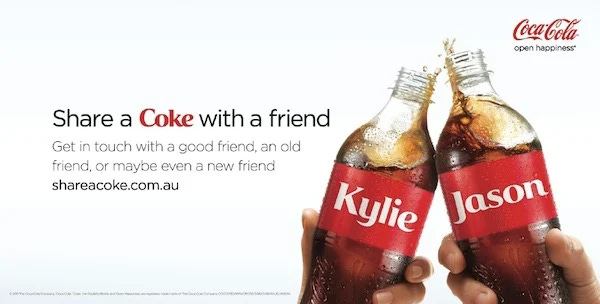Why Centralising Marketing in the AI Era Could Backfire
The case for local intimacy at scale
It’s been a while since I wrote about the actual work we do.
Most of it lives behind NDA walls, and I usually end up talking about REBORRN, not the messy, fascinating, transformation-at-scale kind of work we spend our days on with Global Marketing Teams.
But here’s something I’ve been thinking (and saying to our CPG clients) a lot lately:
We’re heading straight into another wave of centralisation fever in marketing. And it might be the wrong move—again.
Over the past decade, the rise of digital and automation has led to massive centralisation of execution. Global and regional teams have taken over strategy and execution in the name of consistency, cost efficiency, and agility.
Markets were left with translation, adaptation, and rollout. Honestly, I haven’t seen many examples of that model delivering better business outcomes, quality, or even the promised savings.
I remember running a digital agency in 2015 in CEE, letting us know that biddable media would now be run by a London-based hub covering 30 markets for cost savings and speed. I laughed. Hard. They rolled it back a year later. It was a clusterfuck, to say the least.
Now, with GenAI, we’re seeing this centralisation mindset gain even more momentum. There’s a belief that if we can now generate, adapt, and scale content from the centre, we no longer need as much local firepower, especially when AI lets you produce faster with fewer humans.
But here’s the catch: when everyone has access to the same tools, the only real advantage left is local intimacy. At scale.
A great reminder of this came from a recent article by Mark Ritson on MarketingWeek. While I don’t agree with every single point he makes—I am fortunate to work with TCCC and have the behind-the-scenes view—his analysis of Coca-Cola’s marketing prowess got me thinking.
One of the most iconic campaigns, Share a Coke, actually started as a local initiative in Australia. Its astounding success locally was the catalyst that allowed it to be scaled globally, back in 2011. Unsurprisingly, Coke got it right back then.
So, if you ask me what the future marketing organisation looks like?
Leaner Global teams as enablers, not gatekeepers.
They build infrastructure, make fewer (but more strategic) choices, create guardrails instead of rigid playbooks, and train & empower local marketers.
Stronger, more savvy, and more empowered Local Teams.
Local teams become AI-native, all-around marketers who understand art and science and are trusted to act independently while operating within a smart, overarching framework.
I understand how difficult this shift might be, given years of stripping off power and talent from the markets, but it needs to happen, IMHO.
Such a move also requires rethinking the kind of talent and skillset Global Marketing Functions are hiring. Which is the other puzzle many Global Marketing teams are struggling with. But that’s a conversation for another post. :)



